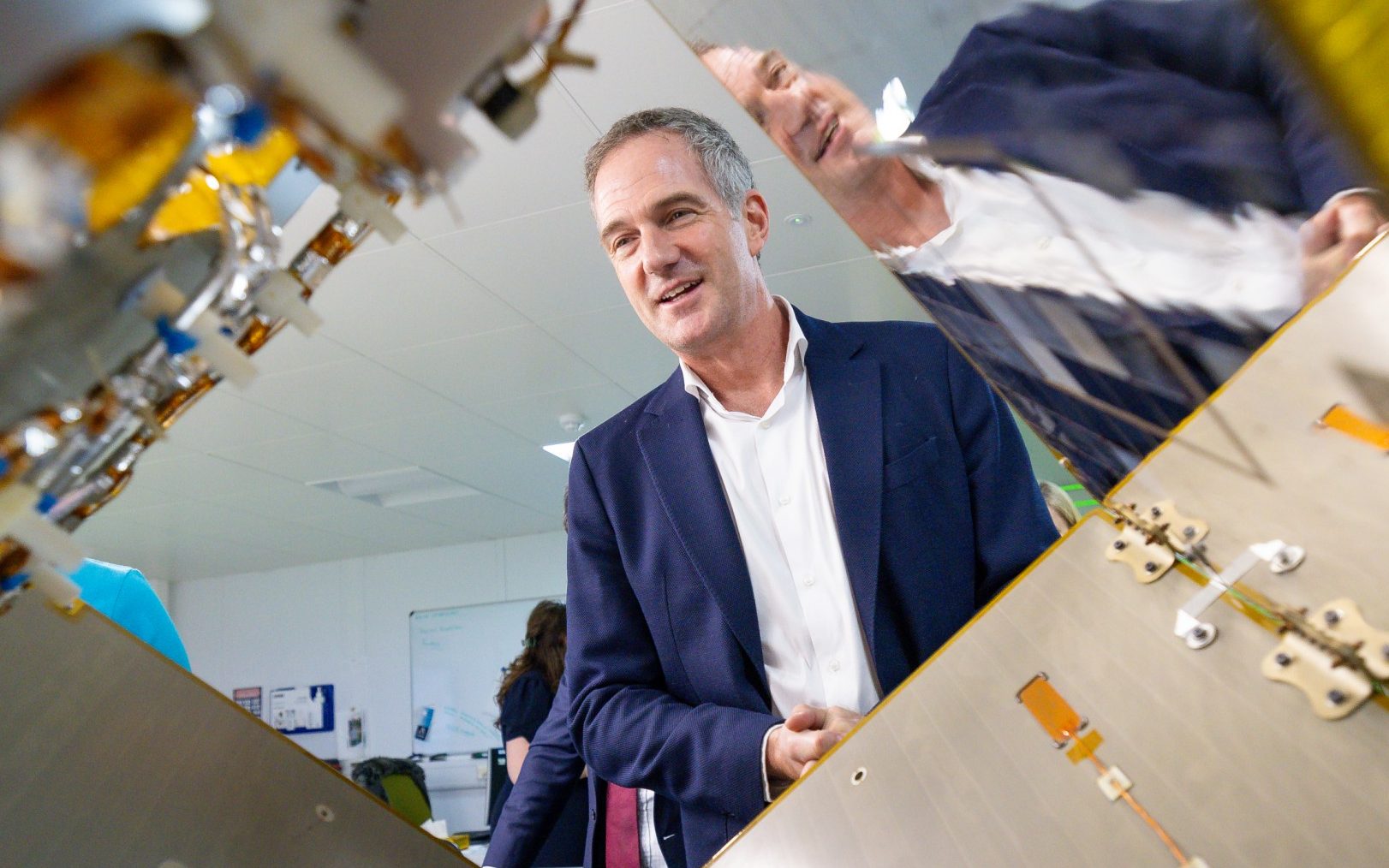Labour forced into U-turn on AI plans

Ministers have retreated from proposals requiring firms to actively remove themselves if they they do not wish for their content to be used to train artificial intelligence.
In December, plans were unveiled for a copyright exception aimed at assisting AI businesses in training their systems. Under these proposals, companies would have to explicitly choose not to participate in order to be exempted.
The plan sparked anger from artists, musicians and filmmakers, who said it amounted to having their work stolen to provide data for AI models that might ultimately replace them .
Sources within Whitehall stated that the government has since distanced itself from the “opt out” model , which was initially proposed in a December consultation with businesses.
More complex licensing scheme
Peter Kyle, the Technology Secretary, is understood to have dropped support for that model. He is instead looking at a more complex licensing scheme that could give creators more control over how their work is used.
The licensing system could work in a similar way to current copyright laws, which allow companies to use a small amount of copyrighted work under the so-called “fair dealing” rules.
A licensing scheme might enable AI firms to utilize restricted portions of literature, movies, and songs for training purposes, as an accommodation to the creators behind these works.
However, ministers are concerned that stricter rules would make the UK an uncompetitive place to develop AI , potentially harming the economy.
Sources cautioned against “false expectations” that the creative industries could be shielded entirely from machine learning.
Musicians like Paul McCartney and Kate Bush emerged last year opposing Labour’s proposals to grant AI firms increased access to copyrighted content.
Along with actors Julianne Moore, Stephen Fry and Hugh Bonneville, they signed a petition that states the “unlicensed use of creative works for training generative AI is a major, unjust threat "and must not be allowed as it affects the livelihoods of the people involved in those creations.”
In a collaborative announcement, organizations speaking for numerous creators rejected the government’s proposition. The Creative Rights in AI Coalition emphasized that current copyright regulations should be upheld and enforced instead of being undermined.
The alliance comprises the British Phonographic Industry, the Independent Society of Musicians, the Motion Picture Association, and the Society of Authors, alongside Mumsnet, The Guardian, Financial Times, The Telegraph, Getty Images, the Daily Mail Group, and Newsquest.
Recommended
We mustn't allow AI to dominate entirely, cautions Abba's Bjorn Ulvaeus.
Read more
The combined declaration stated: "Those holding copyrights do not endorse the newly suggested exemption from copyright rules. Instead, they believe the emphasis ought to be placed on upholding and enforcing existing copyright legislation."
The sole method to ensure creative authority and foster an energetic licensing—and generative AI—market is for the responsibility to lie with generative AI creators to obtain consent and interact with copyright owners to establish licenses.
On Wednesday, Mr Kyle’s department released a set of revisions to the forthcoming document. Data Bill This would necessitate ministers performing an economic impact evaluation of their AI strategies, along with a policy examination concerning the effects on copyright within one year.
Previously, it was reported that the final rules might not be released until 2029, a timeline critics argue is far too delayed for creatives.
Enjoy The Telegraph’s fantastic selection of Puzzles – getting smarter daily has never been more enjoyable. Challenge your mind and enhance your spirits with PlusWord, the Petite Crossword, the daunting Killer Sudoku, and yes, even the traditional Cryptic Crossword.

No comments